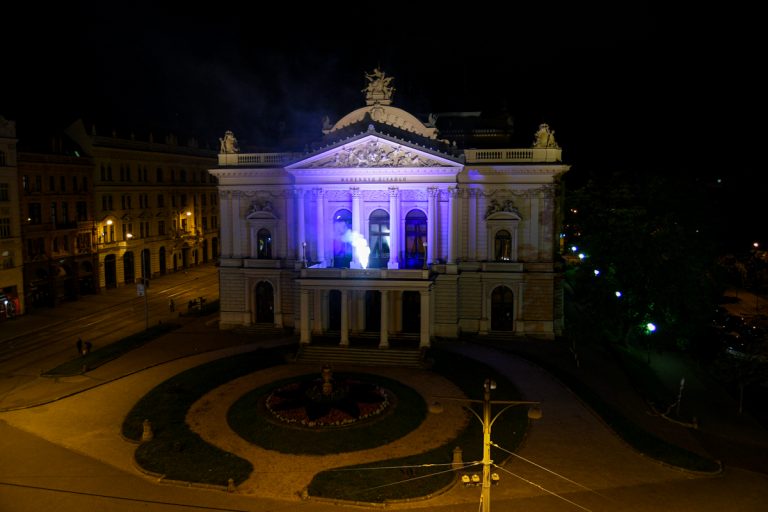Brno City Council has announced plans to increase funding for two music and theatre festivals, as well as a host of landmark cultural institutions.
Following changes to the budget of the Ministry of Culture, many centres of creative industry in Brno have been faced with the prospect of reduced funding. Cuts to state support programmes will, in particular, mean a reduction in assistance for theatres, choirs, and symphony orchestras.
In response to the budget cuts, the Brno City Council has intervened and last week approved compensation worth CZK 20,916,000 to impacted institutions, pending approval from the City Assembly. The Brno National Theatre has requested compensation worth CZK 12,851,000, the Brno Municipal Theatre CZK 4,090,000, the Centre for Experimental Theatre CZK 2,320,000, the Radost Theatre CZK 950,000, and Filharmonie Brno CZK 741,000.
Markéta Vaňková, the Mayor of Brno, justified the decision to increase funding by stating that she was “aware of (the) importance and high level of the cultural institutions we have established. Due to the increase in inflation, organisations have a minimum of reserves, and the shortfall in this income is noticeable to them”.
“In addition, artistic operations require long-term planning, which is why we decided to provide these missing funds to the theatres and the philharmonic this year, so that they would have stable funding for planned activities and would not have to deal with this shortfall of funds, for example, by dramatically increasing admission fees and other radical changes”.
Vaňková’s announcement coincides with the decision of the Brno City Council to increase funding for two festivals in the city, Janáček Brno and Divadelní svět Brno (‘Theatre World Brno’), after a request for a permanent increase in funding from the Brno National Theatre.
Janáček Brno, which hosts a biennial series of operas and concerts performing the work of the famous composer, is expected to receive an additional CZK 5 million every year the festival takes place, and CZK 1,274,000 during intervening years of preparation. This will raise the total amount given in any one year to CZK 28,399,000.
Divadelní svět Brno, one of the largest theatre festivals in the country, is also expected to receive an additional CZK 2.5 million every year, bringing total spending to an annual CZK 10,000,000. The event is organised by a range of theatre companies in Brno and, according to its website, hosts a series of ‘foreign productions and the best of Czech theatre for that respective year’, as well as a space for creative professionals to come together and exchange ideas.
Vaňková explained the increase in assistance by arguing that “financial support for festivals has not increased in recent years, despite the fact that the costs of holding them have swelled” and, as such, “in order to maintain the maximum quality of both events, the city management expresses its will to increase contributions in the future. Brno can be proud to host events of international importance with a top-notch cultural program.”
The increased funding proposals are likely to bolster Brno’s reputation as a member of the UNESCO ‘Creative Cities Network’, which aims to connect and promote cities which “have identified creativity as a strategic factor for sustainable urban development”. According to UNSECO, local creative industries in Brno employ over 21,000 people and produce an annual turnover of more than $1 billion (CZK 23 billion).
The proposed increases remain subject to approval by representatives at the December meeting of the council, where the final budget for 2025 will be discussed.






